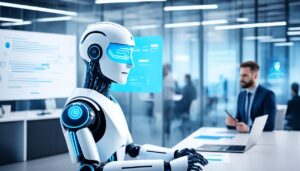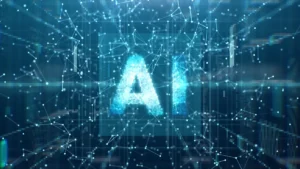The introduction of artificial intelligence has jumpstarted productivity, boosted global growth, and accelerated income growth worldwide. But can they one day be the “official employees.?”
An HR company, Lattice, on July 9, 2024, announced a history-making decision to introduce “digital workers” to create AI agents’ employees’ profiles and feature them in the organisational structures.
Lattice’s CEO, Sarah Franklin, announced in the company’s blog post, “Within Lattice’s people platform, ‘digital workers’ will be securely onboarded, trained, and assigned goals, performance metrics, appropriate systems access, and even an accountable manager. Just as any person would be.”
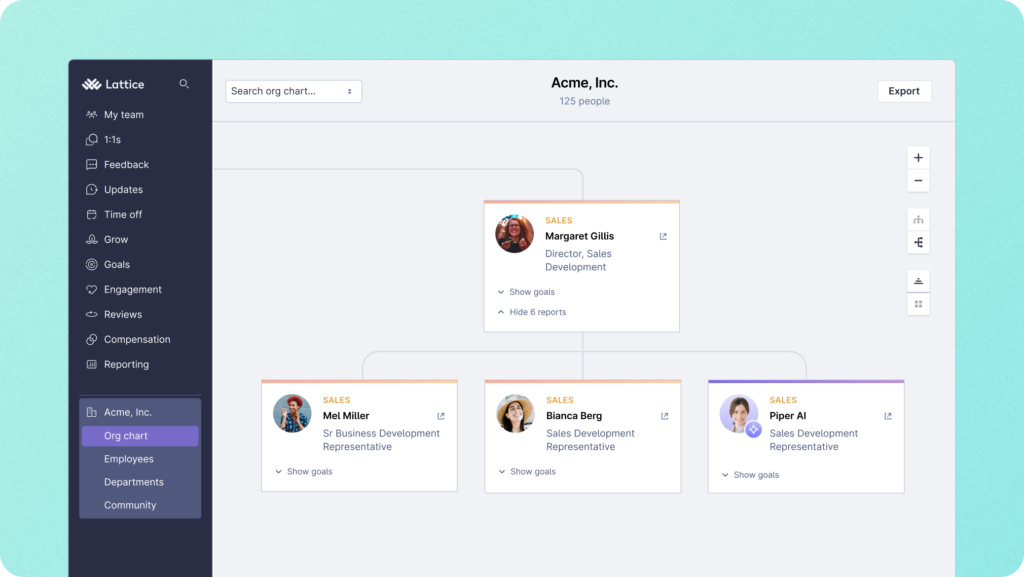
The decision to solve the integration of AI, marking them as an employee, received mixed reactions from Internet users. A section of them debated how the decision could affect the human employees and oversimplify the “human complexities of work.”
On July 12, after receiving a foreseeable backlash, Lattice reconsidered the decision saying that they had dropped including “digital workers” as products.
Sarah’s response to the backlash read, “This innovation sparked a lot of conversation and questions that have no answers yet. We look forward to continuing to work with our customers on the responsible use of AI, but will not further pursue digital workers in the product.”
Lattice’s initial blog post mentioned the influence of Cognition AI’s Devin software engineer and Qualified Piper AI Sales representative. While it appeared that the company was trying to respond to the chatbots, it received an immense amount of criticism from netizens.
Artificial Intelligence’s Impact on Jobs
An artificial intelligence chatbot, or a digital worker, is a manageable software designed to perform tasks autonomously to achieve specific businesses or objectives. The software can manage decisions and take action to accomplish goals without a brief human aid; however, it might require a specific human order or task.
The agents can take the initiative to implement and improve performance with human input.
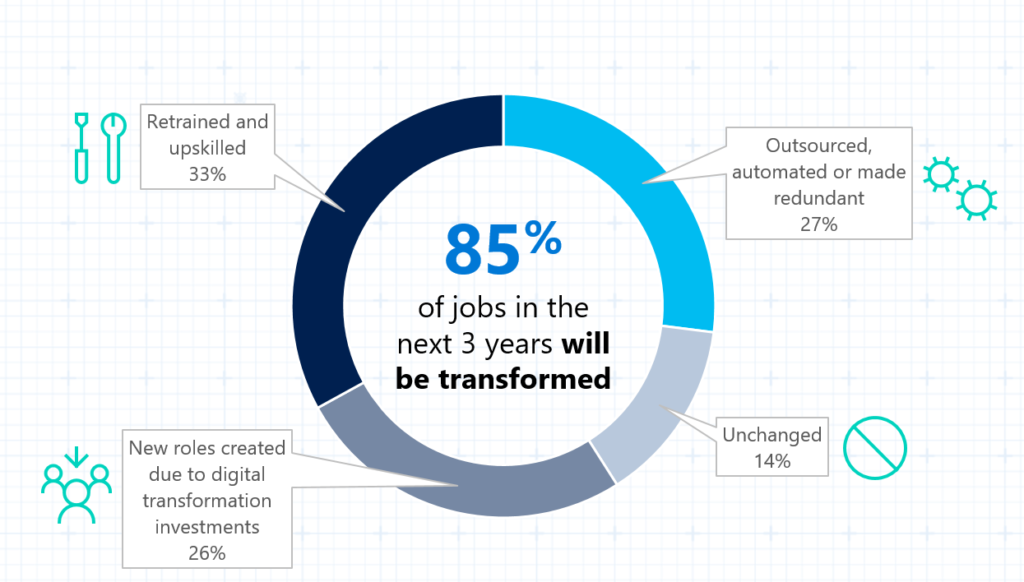
What AI Might Turn Into?
The top industrialists including Microsoft’s CEO Satya Nadella, and Tesla’s CEO Elon Musk, have showcased concern about the increasing chances of artificial intelligence replacing “human intelligence”, eventually replacing workers.
Stuart J Russell, a professor of computer science at the University of California, participated in the Davis Brainstorm 2024 event, discussing AI’s impact in the forthcoming future.
On the question of whether the future relationships between humans and artificial intelligence might be nurtured and whether it will be “exploitative” or “extractive”, he responded that it completely depends on how we are planning to train the AI or “digital worker.”
Professor Russell supported his statement, and said,
“We have a choice of how we design AI systems. If we design them correctly, then we should be able to guarantee that they present no risk to us. And if their only guiding principle is our best interests, they should not treat us as babies either because enfeeblement is not what we want for the future of our species, these machines could do everything for us, but they should have our best interests in heart will refrain them from doing everything for us so that we can continue to flourish and have our own, have our civilization that grows.”
On the contrary, a report published by the investment bank, Goldman Sachs in 2023, claims that Europe and the United States workforce will receive a raise; however, an estimated 300 million jobs will be diminished or lost.
A survey report published by the Resume Builder, in 2023, states that 1 out of 3 companies plan to replace human workers with digital workers or artificial intelligence.
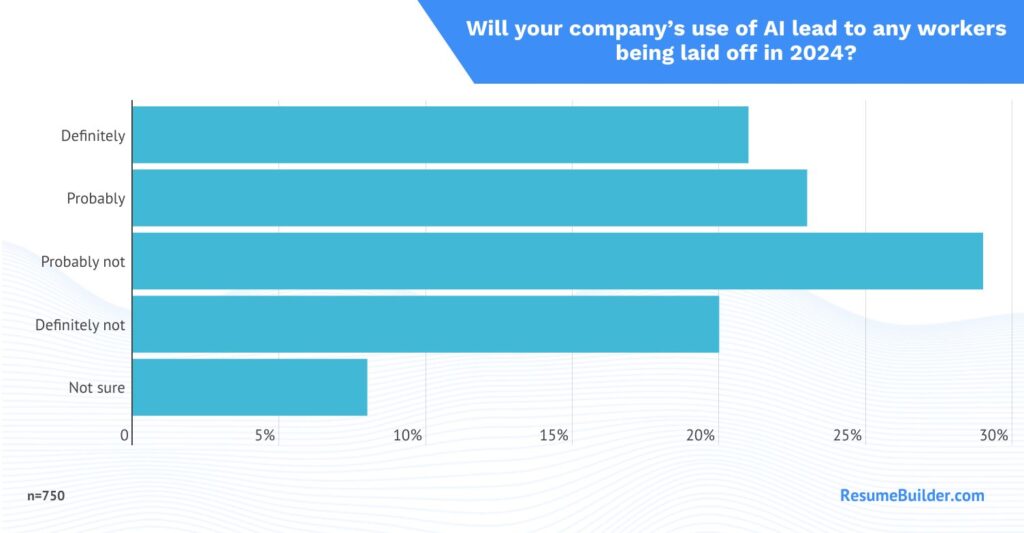
Subscribe to our blog for more info.





